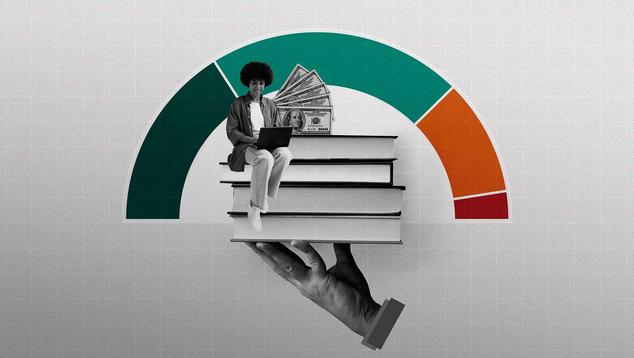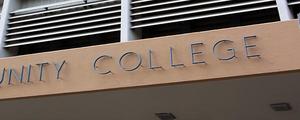WASHINGTON, D.C. -- Twenty-five percent of U.S. adults who completed the Free Application for Federal Student Aid (FAFSA) for the 2024-2025 school year say the process was somewhat or very difficult. Higher percentages of young adults aged 18 to 25 and White students than their counterparts reported having difficulty completing the form in a year when the submission system was fraught with errors and delays.
The FAFSA is a free government form students use to apply for federal, state and school aid. In the fall of 2023, the FAFSA form was significantly simplified to reduce the completion burden and improve FAFSA completion rates. However, a series of technical problems in the rollout of this new form caused delays in the financial aid award process, resulting in many students having to make enrollment decisions amid delayed offer letters. Less than half of the class of 2024 completed their FAFSA. This represented an 11.6% decline from the class of 2023 that many blame on the troubled form rollout.
The one in four FAFSA applicants experiencing difficulty with the form may understate the true degree of FAFSA-related challenges, because the percentage excludes students who started but did not submit or who never began the FAFSA form.
These results are from the Lumina Foundation-Gallup 2025 State of Higher Education Study, conducted Oct. 2-31, 2024, via a web survey with 13,933 current and prospective college students recruited from an opt-in online panel. This includes 4,883 adults who had completed the FAFSA in advance of the 2024-2025 academic year.
Majorities Say FAFSA Timing or Financial Offer Impacted Enrollment Decisions Positively or Negatively
Fifty-one percent of FAFSA applicants say the timing of when they received their financial aid offer affected where they went to college, and 55% say the timing impacted whether they went to college at all. Meanwhile, six in 10 FAFSA applicants say the amount of financial aid they received affected where they went to college, and 59% say the amount impacted whether they went to college at all.
About Two-Thirds Say Timing Had Positive Impact on Enrollment Decision
More than half (55%) of FAFSA applicants said the timing of their award had an overall positive impact on their enrollment decision. Thirty-one percent said they were able to attend a two-year college they would not have been able to without the financial aid they received, and 24% said their award allowed them to attend a four-year institution that would not have otherwise been possible.
Thirty-one percent of those who submitted the FAFSA application say the timing of the financial aid offer negatively affected which college they attended. The most common negative impacts of FAFSA timing were students dropping out of college for a semester or more (12%) or having to attend a community college instead of a four-year college (13%).
The total amount of the financial aid offer also had a significant impact on college-going decisions ahead of the 2024-2025 academic year. About half of FAFSA applicants said the amount they received in their financial aid offer positively impacted their enrollment process. One-quarter said the amount they received allowed them to attend a four-year college they otherwise would not have been able to, and 26% said the same about a two-year college they were able to attend.
Black and Hispanic applicants are more likely than their White and Asian peers to say FAFSA impacted their college decision -- both positively and negatively. As a result, while Black, Hispanic, and White applicants overall are about as likely to say FAFSA positively impacted their college decision, Black and Hispanic applicants are more likely than White applicants to say FAFSA had at least some negative impact on their college decision. Meanwhile, although Asian applicants are more likely than Black and Hispanic applicants to say FAFSA did not impact their college decision, those who were affected are about as likely to say that effect was negative/mixed.
Bottom Line
Many policymakers view FAFSA completion as a key tool to increasing postsecondary enrollment, given that cost continues to be among the top reasons Americans are temporarily or permanently leaving their postsecondary programs or not enrolling to begin with. Indeed, results from the most recent Lumina Foundation-Gallup 2025 State of Higher Education Study underscore the importance of the FAFSA, given that most applicants say it impacted their enrollment decision positively or negatively. A focus on improved enrollment nationally makes tracking FAFSA application experiences, among other issues, important to understanding overall postsecondary enrollment decision-making.
Learn more about the Lumina Foundation-Gallup 2025 State of Higher Education Study.
To stay up to date with the latest Gallup News insights and updates, follow us on X @Gallup.





